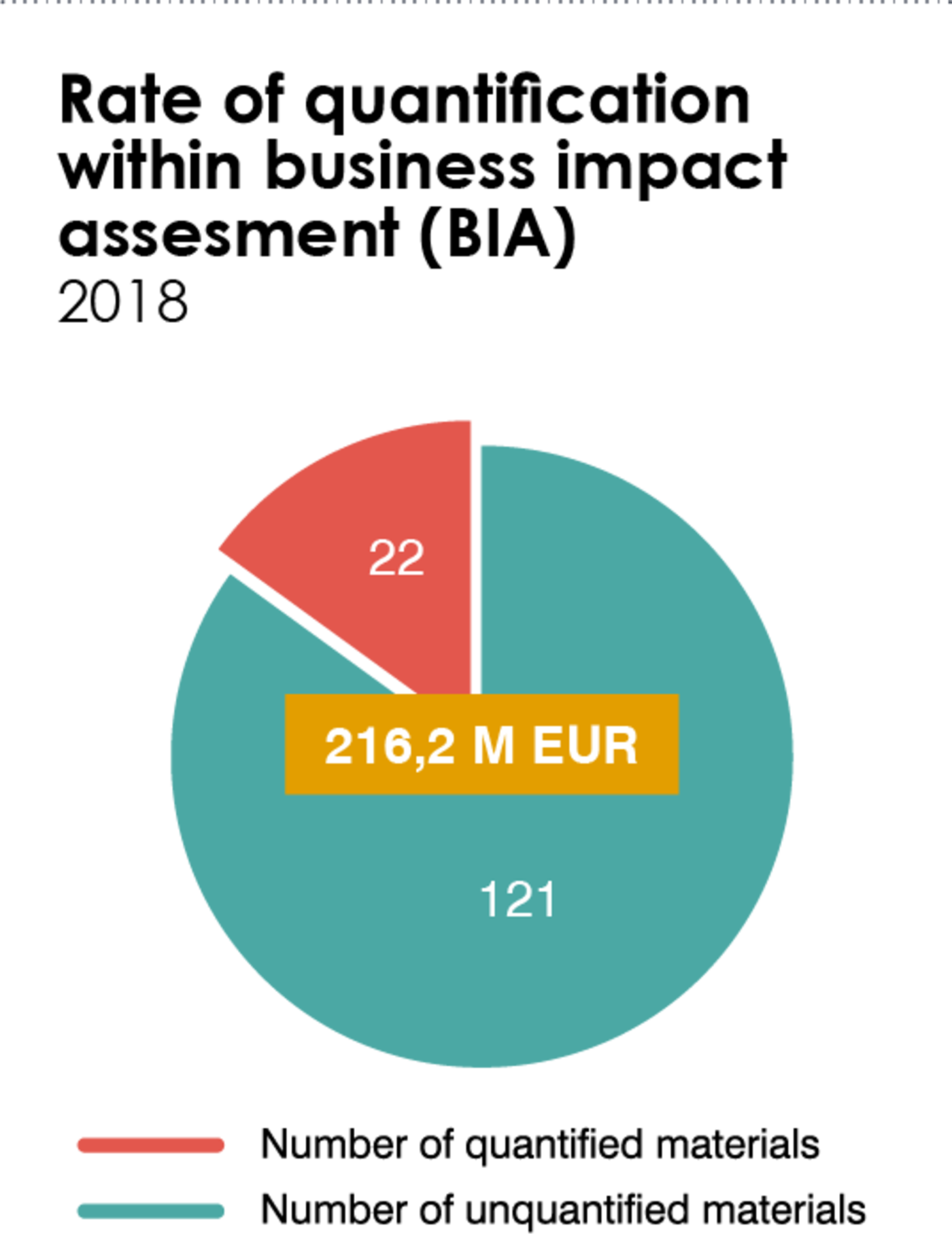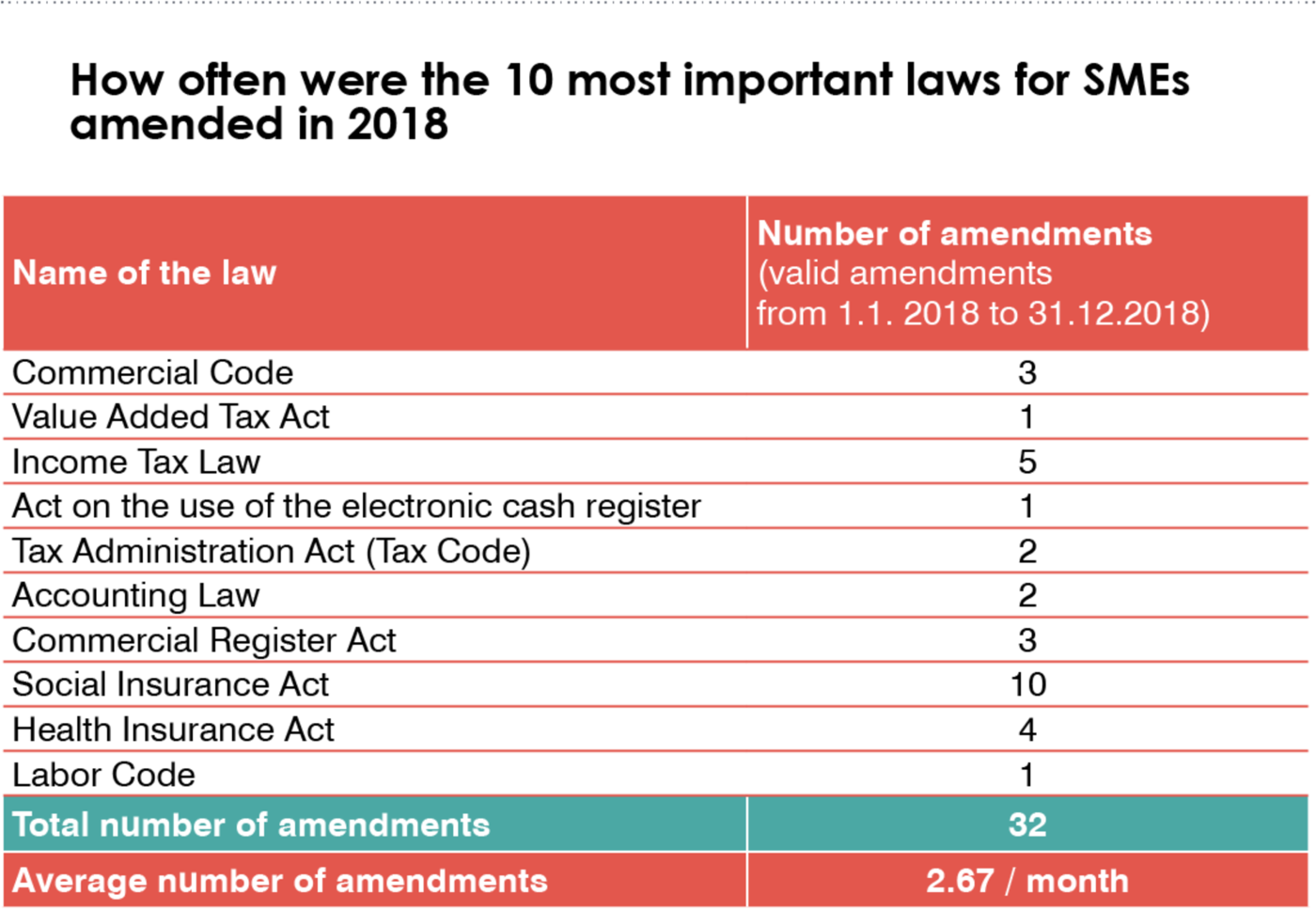There is still a philosophy that new or amended regulations must be published as soon as possible. Limited attention is still paid to alternative solutions, i.e. how to achieve a regulation´s objective by other means. There is still no way for regulations to be prevented that will only be a burden for the business environment.
There are two ways for a draft of a new or amended regulation to reach parliament. The first one (let´s call it the standard way) begins at a ministry. The second way is for an MP to initiate a regulatory change.
The standard way, after many years of struggle, has clear written rules describing the required steps and procedures, including a commitment to undertake an impact assessment analysis if the proposed regulation could be a possible burden on the business environment.
On the other hand, the regulatory process initiated by MPs is missing this important part. The result of this situation often means additional costs for companies. Recently, the Slovak Business Agency´s Better Regulation Centre calculated that the recently introduced holiday vouchers that small companies will have to pay for their employees create a burden of at least 89 MEUR.
Not having an obligation to undertake impact testing also affects the standard process and proposals containing the impact assessment part, as if the regulation is changed while passing through parliament, the previous calculation is no longer valid. Of course, politicians should not lose their rights to legislate in a democracy, but perhaps in the future the process for creating regulations with a limited impact on businesses, public budgets, or environment could be automated.

So, let´s focus on the standard process and regulations. As we said, relatively good methodology exists, but what about the details?
The first Report on better regulation of SMEs in Slovak history, which will be published shortly by the Slovak Business Agency´s Better Regulation Centre (BRC), contains several interesting facts on the regulatory process affecting SMEs. BRC’s role is to identify and evaluate the impact of regulations on SMEs, to create space for SMEs to be part of consultations, to present measures aiming to reduce the regulatory burden, and to assess excessive transposition of EU Directives, etc.
In 2018, BRC registered 143 documents of 499 documents in total, produced by the public administration with an impact on the business environment. In 74 cases, BRC issued a statement in which it criticized deficiencies in the business impact assessment. The reasons included a lack of procedural rules and insufficient quantification of regulation costs.
In 46 cases, BRC issued a negative statement related to the submitted documents, due to a missing identification of impact on business environment, an absent quantification of regulation costs/savings from the submitting parties, or partial quantification without taking into account SMEs.
A lack of quantification remains a serious problem, although the methodology exists. Governmental entities that submit regulations are not able to calculate the costs/impact of their proposals. Very often the argument is made that they lack the required data. Only 22 documents from the 143 registered documents included a detailed analysis and the total new costs of these 22 regulations were 216 MEUR.
This means in most cases the government lacks information on the impact of regulations, and decision making is not based on facts. In other words, the government does not know anything about the possible costs of most of the approved business regulations. And not only the government. The same situation exists for parliament. Votes are taken without any analysis, as is the case for MP’s proposals.
One of the results of this unfortunate situation is a high frequency of changes to the regulatory framework related to the business environment. According to the BRC´s Report on better regulation, there are 10 laws with a high impact on most SMEs. These 10 laws were amended 32 times in 2018.
It is difficult to be an optimist, but ten years ago, we did not have a process, or a methodology. I believe that in the next ten years the process will be greatly improved and impact assessments will become an integral part of the political programs of all parties, and public administration. If not, it will be time for automation!




Follow us